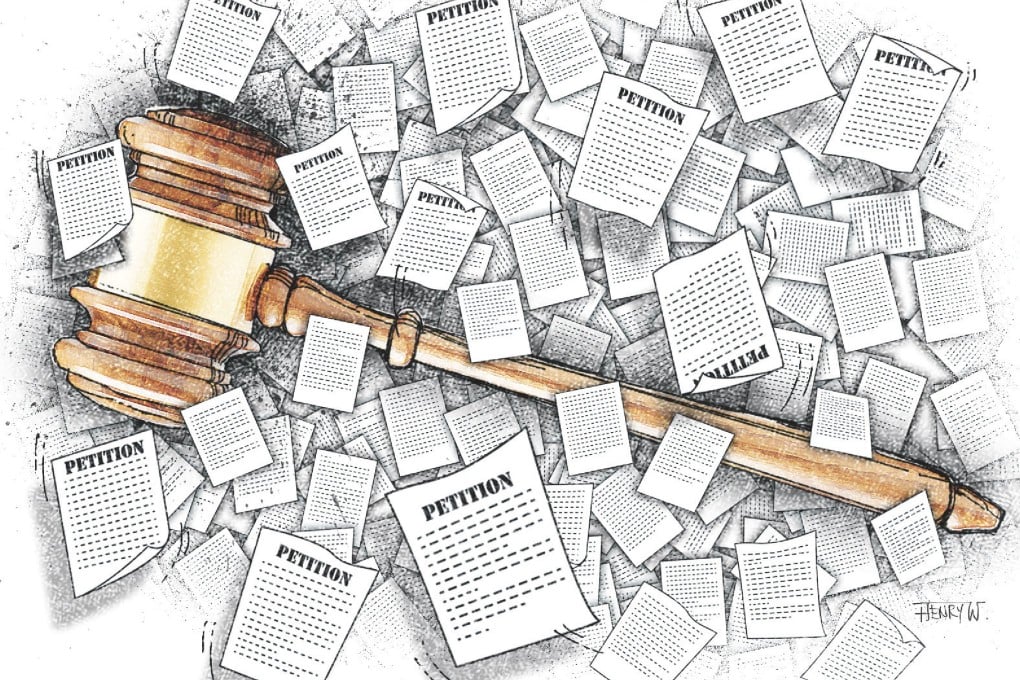China must follow through on pledges to improve notorious petition system
Jonathan Sullivan and Samantha Hoffman say government guidelines set in part to rein in abuses of China's notorious petition system are welcome, but will be futile if no action follows

In imperial times, many Chinese on the receiving end of injustices in the provinces would travel to the seat of the emperor in the hope of redress from a benevolent ruler. The political system may have changed but the practice is more popular than ever. There is a sophisticated and long-standing bureaucratic mechanism for processing such petitions: the benign-sounding State Bureau for Letters and Calls. At last count, it was stamping 20,000 a day, but that may be about to change.
On April 23, the bureau officially announced it would ban people from filing complaints on most local government issues. In other words, bypassing the local authorities to seek redress with the central government will no longer be permitted. A bureau spokesman said the change was designed to "regulate the procedure and improve the efficiency of handling petitions". It is one of several recent announcements seeking to address the creaking petitioning system.
The vast majority of complaints relate to localised cases of land expropriation, demolition of homes and labour disputes. Since the vast majority of petitioners suffer grievances at the hands of local government officials, the chances of securing justice from local courts staffed by friends and colleagues of the well-networked accused are slim.
Petitioners cling to the romantic notion of a wise and kind-hearted mandarin in Beijing who, upon hearing of the injustice, will intervene on the victim's behalf. Chinese folklore and legend is replete with such stories, and the contemporary Communist Party is skilled at cultivating the myth of the altruistic central ruler let down by venal local officials.
In reality, the likelihood of a supplicant from the countryside benefiting from a successful intervention has never been high. Millions of petitions are submitted every year, and the vast majority are thrown out or directed straight back to the offending local authority. Other cases are lost in a tortuous netherworld of bureaucratic delay and obfuscation, exacting a grievous secondary punishment on victims and their families fighting for compensation, pardons or justice.
The closest Beijing ever had to a shanty town was the so-called Petitioners' Village, an ad hoc domicile for petitioners in various stages of desperation, some of whom had travelled the length of the country to put forward their case. This area no longer exists - it was knocked down before the 2008 Olympics - but the petitioners have merely dispersed, not disappeared.
Many would-be petitioners never make it to Beijing. Some are intercepted by acolytes of offending local officials and beaten by hired hands. Others are imprisoned, illegally, in unofficial "black jails" for weeks at a time, and their families harassed.